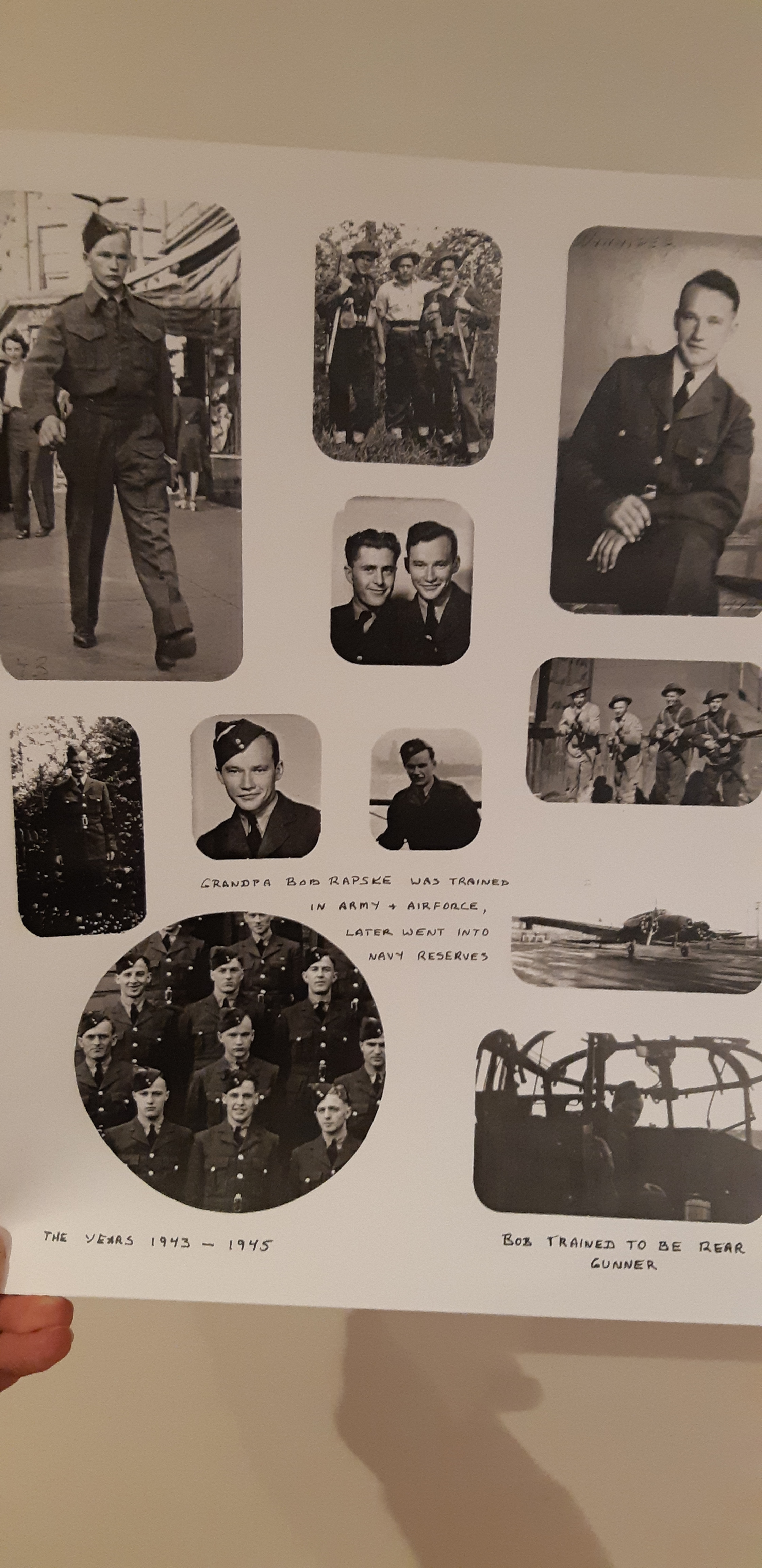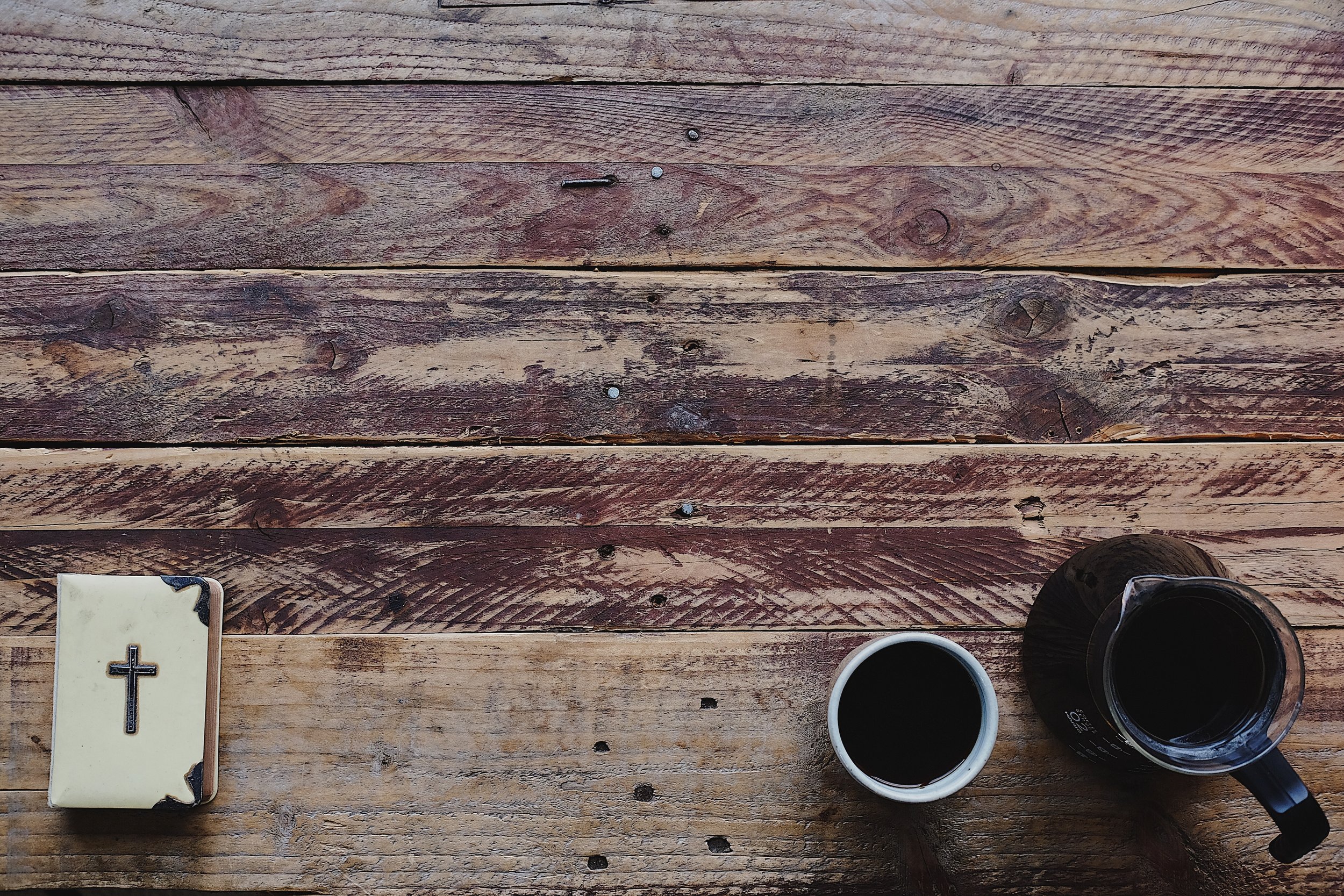Dear White Friends,
(and non-White friends who are trying to understand my White friends)
If you’re reading this post, I assume you care deeply about what’s going on.
When you saw George Floyd murdered, you were in deep pain. Today you are still reeling from realities of how much worse it is than you realized. Maybe you’ve also begun seeing the parallels with how bad it is in Canada. Perhaps you’ve heard Indigenous and Latinx people saying “us too”.
I’d imagine you’ve also received an onslaught of education on terms like Systemic Racism, Police Brutality, White Supremacy, and “Defunding the Police”.
It’s been overwhelming. It’s been confusing and heart wrenching. You’ve seen arguments online. You’ve been in these arguments. You’ve realized the people around you don’t always care as much as you thought. You’ve tried to say helpful things, and failed, yet you’ve also heard that ‘silence is violence’, so you keep reposting.
I want to tell you: I see you, I relate, and I’m so glad we’re all talking. We’ve been given another opportunity to move towards a just society.
The most important people to listen to right now are Black and Indigenous folks willing to share online, in print, in videos, and in podcasts. They are the experts. So what I write below is secondary to that. It is to encourage you to keep going. To help you feel “seen” for the intense feelings you’re having right now.
I share your experience. I am White and I have also been trying to figure out what to do.
I learned about the effects of systemic racism in 2010, and it broke my soul. The Indian Act. Apartheid. I was 21. For 21 years I did not know systemic racism existed. My education did not inform me. My network did not inform me. My church certainly didn’t inform me. And my own indifference and self-centred nature meant I didn’t explore the clues that were around me. I am not proud of that.
Since then, I’ve tried to learn more from a Social Work undergrad, various books, internal reflection, and listening to the stories around me.
As I’ve finally started looking for internalized racist ideas, and the policies supporting racist systems, I’ve found them everywhere. Racist ideas and beliefs in the patterns of my brain. Racist structures in my workplace. Racism in my relationships with others.
With this knowledge, I’ve argued with my family and friends that they should see it like I do now. I’ve been ‘that girl’ who brings the conversation crashing to a halt for ‘social justice’ reasons. It’s been uncomfortable and full of errors.
Luckily, amidst the mistakes, I have learned a few things, which I thought I’d share. Tips and encouragement, helping you to keep going.
(I’ve also listed some resources that are more important than my thoughts. Feel free to skip to the last title “Now What?”)
Keep Making Mistakes. Keep Learning.
Even if you’re screwing up in your efforts to do good--it is still worth it, and important. Please keep making the mistakes and feeling confused. Others’ lives are depending on all of our efforts to keep trying. Movement forwards is better than staying silent.
As mentioned, I’ve made mistakes. I’ve pissed off friends and family. I’ve had my efforts corrected by authors and teachers. I’ve found internalized racism pop up in my body and mind in unexpected ways. I continue to learn how pervasive it is.
I’ve also burnt out and given up, then been invited by friends to step back up again.
With every mistake, I learn more, and improve. The next talk about racism goes better than the last one.
“You’re going to screw this up royally. More than once...It’s going to happen, and you should have these conversations anyways.”
- Ijeoma Oluo, So You Want To Talk About Race
If you want to hear deeper accounts of how some of that looked in some short personal essays, I’ve posted over the years here:
The Clumsy Efforts of Reconciliation in One White Life Part 1 : How it felt to finally open my eyes to systemic racism, by finding out that South Africa’s Apartheid took tips and tricks from our own Canadian “Indian Act” (which is still law in Canada).
The Clumsy Efforts of Reconciliation in One White Life Part 2 : Three specific ways I’ve accidentally internalized racism, along with various action points I decided to take back in 2018.
Being white, and thinking about racism, as I travel through NYC and Philly : My interactions with anti-Black racism while in the US. This was a very strange experience for me, revealing how much racism was lurking below the surface, even after working on anti-racism for 8 years.
White Fragility: “I’m Not A Racist!”
I get how hard it is to hear condemnation against White people. Maybe this is difficult for you, or maybe you’re realizing how difficult it is for other White folks.
You, and others, don’t want to be called ‘racist’. It’s a horrible feeling, and we usually don’t think we deserve it.
We could be right...in an incomplete definition of racism.
Ijeoma Oluo’s book “So You Want To Talk About Race” is so helpful. She understands White people more than we understand ourselves.
In pages 26-30, she shares this:
“The most common definitions of racism (in my own summation) are as follows: (1) Racism is any prejudice against someone because of their race. Or (2) Racism is any prejudice against someone because of their race, when those views are reinforced by systems of power”
“When we use the first definition of racism, as any prejudice against someone based on race, we inaccurately reduce issues of race in America [and Canada] to a battle for the hearts and minds of individual racists--instead of seeing racists, racist behaviors, and racial oppression as part of a larger system.”
“The truth is, you don’t even have to “be racist” to be part of the racist system”
For massive positive change, we’re not fighting back against racist individuals, we’re fighting the pervasive racist structures which create disproportionate suffering in Black and Indigenous lives. Fighting the system which encourages us all to be unintentional racists. Fighting the policies that have built racist ideas that were fed to everyone for many years to uphold power structures of inequality.
Right now we are focused on a major racist system. The training, funding and structure of police forces which lead to police brutality, as well as constant fear and distrust of legal systems by Black and Indigenous people. (I might add, also the racist systems leading to overrepresentation of Black people dying from Covid-19 in the unjustly distributed health care of the USA.)
Death by police brutality and Covid-19 are both out of your control if you just try to be ‘nice’ to your Black friends and family.
“Systemic racism is a machine that runs whether we pull the levers or not, and by just letting it be, we are responsible for what it produces. We have to actually dismantle the machine if we want to make change.” Oluo p. 30
It doesn’t sound hopeful, until you remember that systems can be changed. The protests this week have caused some major cities to change their police funding choices.
“Defunding the Police” is a large systemic change, one of which I’m still learning about. From what I’ve read, this includes A. Re-allocating funds from militarized law enforcement instead to improving the wellness and health of targetted communities: and B. Re-assigning tasks that the police shouldn’t be responsible for, such as responding to episodes related to a mental health breakdown.
These systems also involve disproportionate power, which is part of the privilege White people have.
“Over four hundred years of systemic oppression have set large groups of racial minorities at a distinct power disadvantage. If I call a white person a cracker, the worst I can do is ruin their day. If a white person thinks I’m a [n-word], the worst they can do is get me fired, arrested, or even killed in a system that thinks the same--and has the resources to act on it.” Oluo, pg 28
This is what we saw in the video of Amy Cooper’s threatening police on Black man. She knew she could invoke a racist system on someone, because if the police showed up, they’d believe her first.
Derek Chauvin only felt powerful enough to continue brutally murdering George Floyd because he had gotten away with it before, within a system that ran in his favour.
There are so many other ways in which the details of this systemic oppression destroys Black and Indigenous lives, while offering opportunities for White lives to flourish. Red-lining in real estate, banking, and investments. Underfunding of Black and Indigenous communities’ schools. Dangerously bad water quality in Black and Indigenous communities. Every Black person’s story of being followed in stores due to biases entrenched in businesses.
Whether or not racists exist in the system, the racist system itself needs to change.
Also: The above also helps you explain to friends and family why “All Lives Matter” and “I Don’t See Colour” are problematic. Black and Indigenous lives have not been treated like they matter within this system. And if you don’t see colour, you don’t see the problems people face in the system.
Misdirecting the Conversation
Videos posted of police officers kneeling in solidarity.
White and Black people hugging, crying together, shaking hands, etc.
“Police officers just want to help, and they are dying too”
“What if George Floyd actually had a criminal past?”
“But this other Black person said something different than the other millions of Black people…”
The first three of these come from a good place of caring for others. The last two come only to distract you. All of them misdirect the conversation away from the actual issue, and once again mute the experiences and stories of millions of Black and Indigenous people.. (Side-bar: These tactics are also used in muting the lived experiences of other non-White populations, which is something to be aware of).
When you hear these, try to redirect these conversations back to the greater problems in systemic racism, internalized racism, and tangible policies we can change.
We know that the problem is not whether White people love Black people. The problem isn’t whether police officers sympathize with Black communities. The problem isn’t forgetting that God loves each person of every race. The problem isn’t whether George Floyd was a perfect person.
These are conversations that distract from the real problem. Racist policies keep racist ideas in place, and racism keeps operates whether or not any of the above gets discussed.
This is also why you might notice it feels hollow to many Black and Indigenous people, when seeing posts about police officers kneeling, and a hug between a White police officer and a Black protestor. While nice gestures, they are not fixing anything. They also have the danger of misdirecting the conversation, and soothing us White folks into feeling like that’s all it takes.
Now What?
So, what can we keep doing?
Here are some ideas for you and for me:
Continue to educate yourself. But DO NOT ASK YOUR BLACK/INDIGENOUS FRIENDS for advice. I have friends exhausted at how many people are messaging them. Google things. I also have recommendations below. Research new words you come across, such as “microaggressions” and “intersectionality”.
Follow Black and Indigenous social media, organizations, and newsletters. These are great for keeping up to date on important actions, events, and policy changes to fight for.
When you figure out which racist systems are being upheld by various levels of government, email, call, write, or visit the political leaders in your area, to emphasize the need to change these systems. Find organizations in your area who have templates already created for emails and letters. Remember to use this information in your VOTE!
Fund helpful organizations fighting systemic racism. Buy from companies run by people who are Black, Indigenous, or other minority groups. It’s the first way to share power. We all know money contains power.
With everything you’ve learned from the above steps, pause, think, and reflect on your own racist words, actions, feelings, and systems which you are part of. Work, church, families, friendships, and any place you hold control. I promise, they are there, and it’ll feel much better when you see them, and deal with them.
Educate those around you on what you’ve learned. Then call injustices out. (It’ll be uncomfortable, and I’m so sorry, but it’s worth it).
Repeat
Recommendations
Glossary of Common Terminology - for reference on all sorts of words
Videos to Watch:
Free Documentaries on Anti-Racism in Canada
CBC Documentary on Racism in Canada: The Skin We’re In by Desmond Cole
The Next Question (TNQ) Show (my favourite guests are Andre Henry and Brené Brown)
Podcast to Listen To: (RECOMMEND SO MUCH)
Brené Brown with Ibram X. Kendi on How to Be an Antiracist
Social Media to Follow (Instagram):
Decolonize Myself - A First Nations Perspective
Organizations To Donate To (Canadian):
Urban Native Youth Association
Native Women’s Association of Canada
Businesses to Buy From:
Indigenous Owned Businesses in Vancouver
Black Owned Businesses in Vancouver
Online Training to Take:
San’yas Indigenous Cultural Safety Training
Teaching Resource for Teachers:
Online Resources to Read:
Anti-Racist Organizational Change: Resources & Tools for Nonprofits
“The Skin I’m In: I’ve been interrogated by the police more than 50 times--all because I’m black.”
UN Declaration on the Rights of Indigenous Peoples
‘Canada’s prisons are the ‘new residential schools’
NativeLand.ca - Interactive Map of Indigenous Traditional Territories
How to build an actively anti-racist company




























